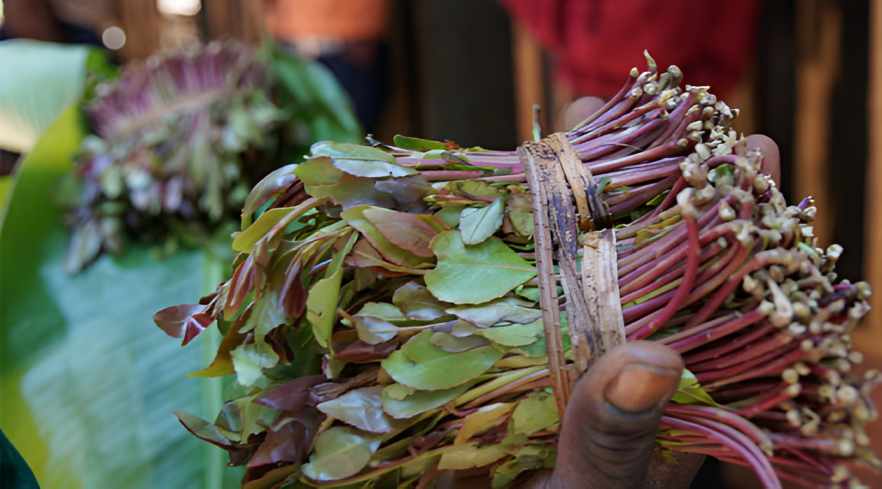Government to regulate miraa trade through cooperatives

Despite its importance, the miraa crop has been affected by unstable prices, unpredictable markets, and restrictions in some foreign destinations.
The government has unveiled a plan to reorganise the miraa trade by placing farmers and traders under cooperative societies, a move officials say will curb theft, strengthen accountability, and improve monitoring of the crop’s transportation nationwide.
Cooperatives Principal Secretary Patrick Kilemi, speaking during a forum in Mombasa on Monday, September 1, 2025, said consultations with stakeholders in the miraa sector have already begun to ensure the framework is rolled out smoothly.
He noted that cooperatives will not only help organise the industry but also give farmers stronger bargaining power.
“We want to work with these groups so that we can control the supply side of miraa through cooperatives. If production is high, we can manage it. While we have no control over demand, we can regulate supply,” Kilemi said.
He explained that a centralised system would enable the government to track miraa flows more effectively, reduce diversions during transport, and build accurate records of both production and sales.
According to him, this would set the foundation for structured marketing strategies and open opportunities for export growth.
Leaders from Meru County, the country’s top miraa-producing region, welcomed the initiative but urged the government to provide farmers with financial and technical backing.
Tigania East MP M’puru Aburi pressed for efficiency and transparency in managing cooperatives to protect farmers from potential losses.
“We have seen problems with cooperatives in tea farming, where produce sometimes goes missing during transit. As leaders, we are asking that such mistakes are not repeated in the miraa sector,” Aburi said, stressing the need to safeguard farmers’ income.
Miraa remains a vital source of livelihood for households in Meru and neighbouring areas, employing thousands of farmers, traders, and transporters.
Despite its importance, the crop has been affected by unstable prices, unpredictable markets, and restrictions in some foreign destinations.
The ministry believes that streamlining the trade through cooperatives will not only reduce farmers’ losses but also introduce greater transparency and sustainability in the industry.
